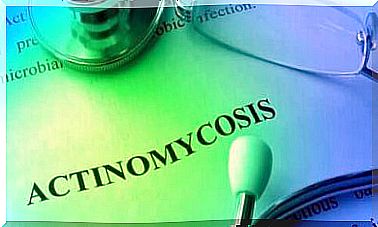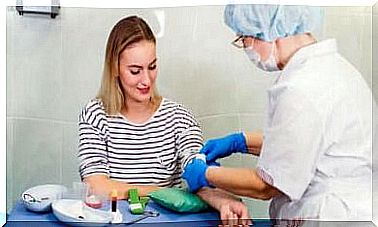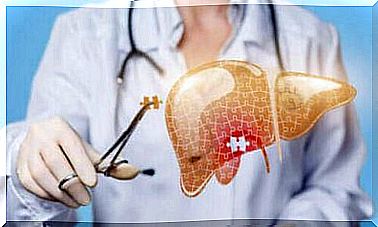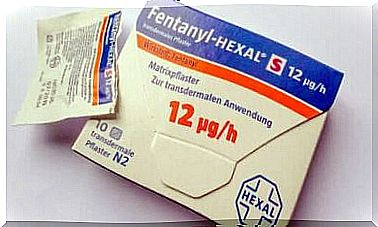Breast Pain After Plastic Surgery

Breast pain after plastic surgery is a very common concern. Of course, any surgery has its own risks, benefits, and side effects. They are intrusive procedures that are usually accompanied by pain. The same goes for breast surgeries.
In recent years, breast surgeries have become one of the most common plastic surgeries. However, we are not just talking about breast augmentation surgeries, but also about reducing them, correcting asymmetry and even improving the shape of the nipples.
An estimated one in 400 women has breast implants. This is a very large reading, which also tells us that many women have questions about such a measure. This is why in this article we talk about breast pain after plastic surgery.
What causes breast pain after plastic surgery?

Naturally, breast pain depends on the specific surgery that has been performed on the person. To understand the onset of pain, we use breast augmentation as an example. It is a procedure performed under anesthesia and typically takes about two hours.
In magnification surgery, two incisions are made under the breasts. However, the latest techniques allow surgeons to also cut along the edge of the nipple or armpit. All of these areas contain very sensitive nerve endings.
To place the implants, the surgeon must make space under the mammary gland – a kind of pocket. This is done by cutting all of the above tissue. Most often, the implant is placed under the pectoralis muscle. This is a somewhat aggressive procedure, but it does not prevent breastfeeding later.
As already mentioned, the area is full of nerves. Surgical incisions can alter the sensory nerve endings. Thus, it is normal for breast sensitivity to change after surgery.
Breast pain after plastic surgery
In the weeks after the procedure, the person may notice changes in breast sensitivity. For most, however, normal sensitivity returns over time as the nerves regenerate easily.
Nevertheless, breast pain after plastic surgery is common, as are cramps and tingling. In addition, it should be borne in mind that the skin must stretch to accommodate the shape of the implant. Muscles and tissues need to recover, which is why pain is relevant.
Many women report that after placing breast implants, it is difficult for them to perform normal activities, such as dressing or shaving, especially if the implants are placed under a muscle. Others say the pain is tolerable.
What can be done about the pain?

Here, it is good to emphasize that breast pain after plastic surgery is physiological and natural during tissue remodeling. Surgical wounds must also heal properly. As you might guess, this takes time.
However, if the breast pain persists for a long time, you should see a doctor. Complications may have occurred during the operation. Whatever the situation, plastic surgeons usually recommend follow-up visits after surgery.
To enhance the recovery process, the patient can take certain actions. The first is to rest as much as your doctor recommends. In general, any kind of effort as well as intense sports should be avoided. Doctors, in fact, warn against doing any upper body workout for at least a month after surgery.
At night, you should sleep on your back and avoid weight in the chest area. Breasts should not be rubbed or even pressed. In addition, special vests should be used to provide the right kind of support.
In some cases, especially immediately after surgery, it is often worthwhile to eat painkillers for breast pain. However, in matters of concern, one should always consult a surgeon.









